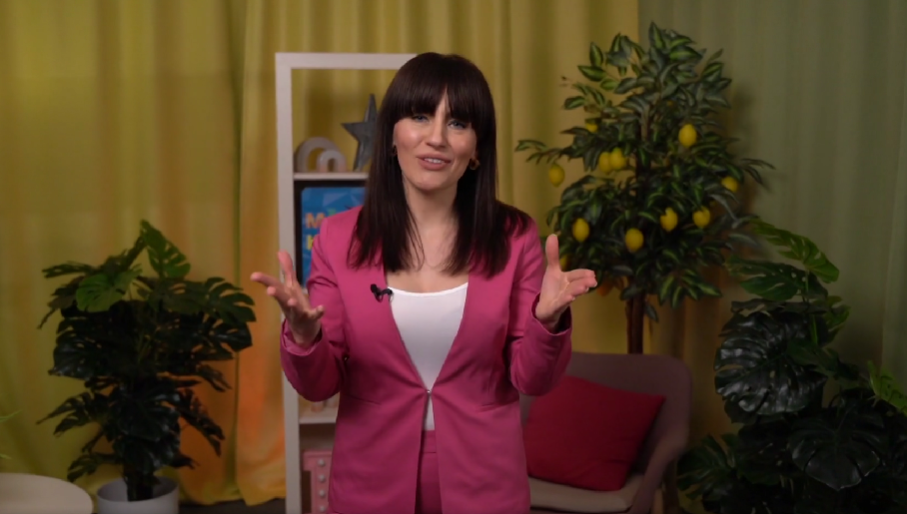There’s nothing more annoying than feeling tired and sleepy, but having a hard time getting to sleep. In fact, lack of sleep at night can make us tired, easily emotional, and feel anxious the next day. This in turn causes a vicious cycle of sleeplessness and stress.
There are many causes of drowsiness but can’t sleep. Understanding and identifying these factors is an important step in getting quality sleep and improving overall health.
1. Take a nap
illustration of a nap (pexels.com/Andrea Piacquadio)
Naps are basically not a bad habit. In fact, it provides many health benefits. However, an improper nap can make it difficult for you to sleep at night.
Research in journals Nature and Science of Sleep in 2015 stated that naps that are too long and too late in the afternoon can make it take you longer to fall asleep at night, get less sleep, and wake up more often during the night.
It is best to take a 20–30 minute nap, and take a nap at the same time every day.
2. Stress and anxiety
illustration of a man under stress (pexels.com/Andrea Piacquadio)
Stress and anxiety have a wide-ranging impact on daily life, including difficulty sleeping. According to a study in the journal Dialogues in Clinical Neuroscience In 2003, at night, many people with anxiety were in a hyperactive mental state, brooding about the past, and thinking badly of the future.
Experiencing anxiety at night can confuse your internal 24-hour biological clock or circadian rhythm. As a result, the production of the hormones cortisol and melatonin changes. These physiological changes make you stimulated and alert, which may explain why you feel tired but can’t sleep.
3. Insomnia
insomnia illustration (pexels.com/cottonbro studio)
International Classification of Sleep Disorders defines insomnia as difficulty falling asleep, maintaining sleep continuity, or poor sleep quality.
There are many reasons for insomnia, from postoperative pain to anxiety and stress from losing a job.
Here are some of the things that most often trigger chronic insomnia:
- Genes, like having parents with sleep problems.
- Have certain mental health disorders.
- Caring for newborns.
- Loss of a job.
- Breakup.
4. COVID-19
Continue reading the article below
Editor’s picks
COVID-19 (freepik.com/benzoix)" src="https://cdn.idntimes.com/content-images/post/20221111/sad-ill-asian-girl-staying-self-quarantine-during-covid-catching-flu-sitting-home-with-cup-f89e3875879ca492ca127a8d5e94fa30.jpg" width="1000" height="667" layout="responsive">illustration of a woman infected with COVID-19 (freepik.com/benzoix)
COVID-19 can trigger a variety of symptoms, one of which is difficulty sleeping. This problem can be triggered by stress or an autoimmune response to a virus.
A study published in the journal The Lancet Psychiatry in 2021 which involved 236,379 people with COVID-19 found that about 5 percent of them had insomnia. Up to 10 percent of those with severe infections requiring hospitalization have trouble sleeping.
Sleep difficulties are also more likely to be experienced by people who experience COVID-19 for a long time. The COVID-19 pandemic itself has been linked to increased sleep-related problems. Social isolation, economic hardship, and challenges of raising children are some of the possible causes of sleeplessness during the COVID-19 pandemic.
5. Consumption of caffeine
coffee illustration (pexels.com/Foodie Factor)
If you are used to drinking coffee, it could be the caffeine in coffee that is responsible for the sleep problems you have. Generally, caffeine has a half-life of 5 hours.
Studies in journals Nutrients 2022 showed that drinking 400 mg of caffeine 6 hours or less before bedtime can significantly reduce sleep quality. So, make sure you stop consuming caffeine at least 4-6 hours before going to bed.
6. Using electronic devices before going to bed
illustration of using a cellphone before going to bed (pexels.com/Marcus Aurelius)
Internal circadian rhythms are governed by light and dark signals. Darkness signals the body that it is time to rest. However, using electronic devices at night can disrupt this natural biological rhythm.
Screens and electronic devices emit blue light, which suppresses the production of melatonin, the sleep hormone. The dazzling blue light from gadget makes the brain think that it is time to be awake. Deep study International Journal of Ophthalmology 2018 also stated that content online it can also be stimulating and can even increase stress levels before bedtime, which can interfere with rest periods.
Also Read: 7 Insomnia Free Tips, Set Habits to Mind

